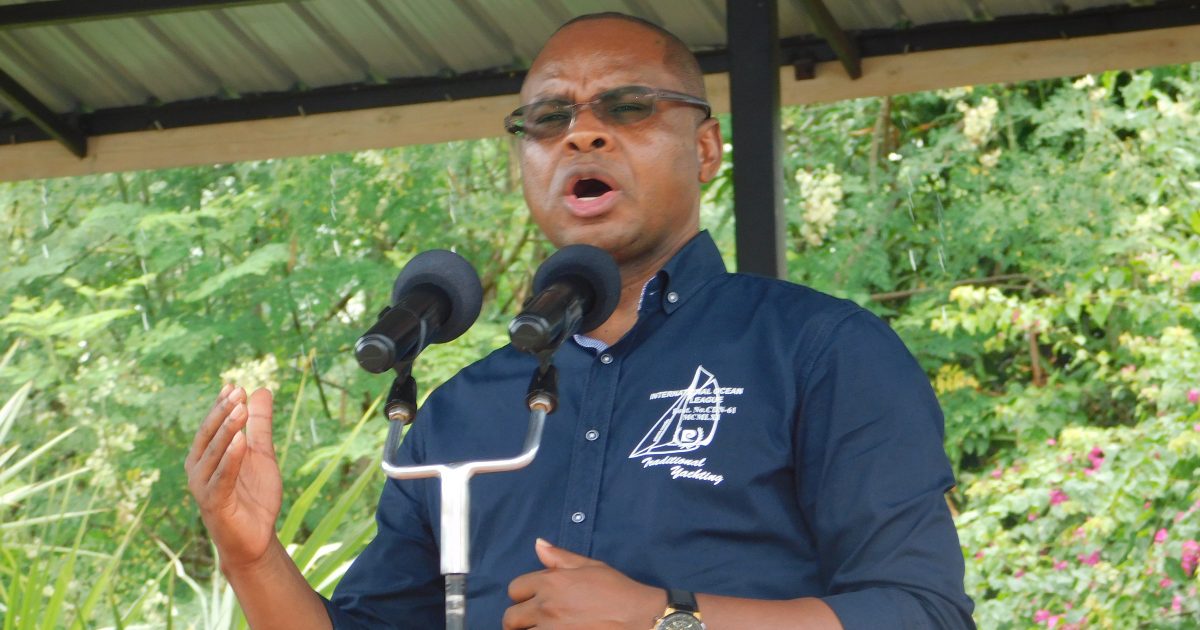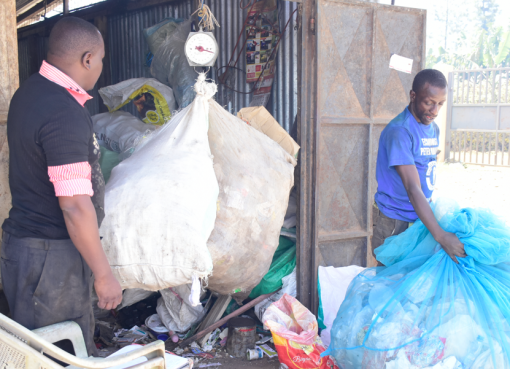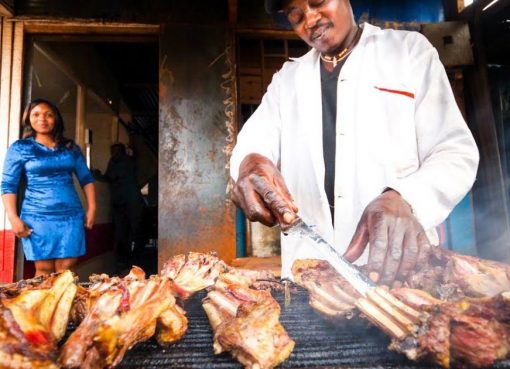The Kilifi Governor, Amason Kingi considers a total lockdown as the only surest way of combating the spread of the dreaded Coronavirus (COVID-19) in his county.
He said that the 21-day partial lockdown imposed on Nairobi, Mombasa, Kilifi and Kwale recently would only be useful if the counties get the capacity to carry out mass testing exercises.
In a Television interview on Tuesday, Kingi said he had held talks with Governor Hassan, Ali Joho of Mombasa County on the need to have a complete lockdown in their counties to protect residents from being infected.
“We are becoming really worried as a region. We have discussed a possible lockdown as we think this could be the only way out. As long as there is movement within Mombasa and Kilifi and between Mombasa, Kilifi and the other coastal counties, there is going to be infections,” he said.
“An infection does not mean that it has to happen from someone outside the county. An infection can happen within. As long as there is movement within our counties, these infections will continue,” he added.
He said he had agreed with Governor Joho to escalate the idea of a lockdown to the National Government to see how they could be helped to run programmes of cushioning residents in the event of a lockdown.
“A lockdown comes along with other challenges and we have shared this with the national government with the hope that if we go on a lockdown they can also help us cushion our people because a lockdown means providing quite a number of essentials to a number of households,” he said.
Asked whether his administration would consider re-opening its borders after the expiry of the 21 days, Kingi said that decision would be based on the results of a mass testing exercise, thus pointing to a possible extension of the partial lockdown in the three coastal counties.
“The partial lockdown can only be useful to us if we do the mass testing. Our decision should be based on science, and science demands that we do the mass testing then the figures out of this exercise will inform the next decision,” he said.
The governor warned that although the county had not reported new infections in about one month, it was not out of the woods yet since very few people had been tested for Coronavirus.
He said only 196 out of 241 persons had been tested, with confirmed seven cases reported. He said the number of tests done could not be used as a yard stick to declare the county as Coronavirus-free.
“I’m a bit hesitant to celebrate because as a county we need to test more people. We need to start mass testing. The result of that mass testing will give us the exact position of the extent of this pandemic,” he said.
The governor said his administration had received 800 testing kits through the Kenya Medical Research Institute (KEMRI) and that it was expecting to receive 500 more by the end of the week.
These, he said, would be used to test all our frontline health workers and those already identified following contact tracing.
“We have agreed that we will not be able to open mass testing to the public owing to the limited number of swabs and viable transport media (VTM). We will start with health workers, because they are the ones who always come into contact with quite a number of patients,” he said.
The governor lamented that the testing kits (swabs and VTMs) were not available in the market and that it had taken intense lobbying to get the 800 kits and the promise of another 500 by Friday this week.
“These kits are not available in the market. It’s not that you can walk into a chemist or a shop in this country to get them,” he said while responding to a question on why the county government had not requisitioned for more testing kits.
He said his administration had an elaborate programme of taking care of its frontline teams in terms of their social wellbeing, and also in terms of giving them the necessary gear whenever they are taking care of patients in these isolation centres.
“Currently have two of our patients in isolation in Jibana and we have teams that work on a rotation. One team works for two weeks and then it goes on quarantine at a hotel after they are done with their shift at the isolation centre,” he said.
By Emmanuel Masha




